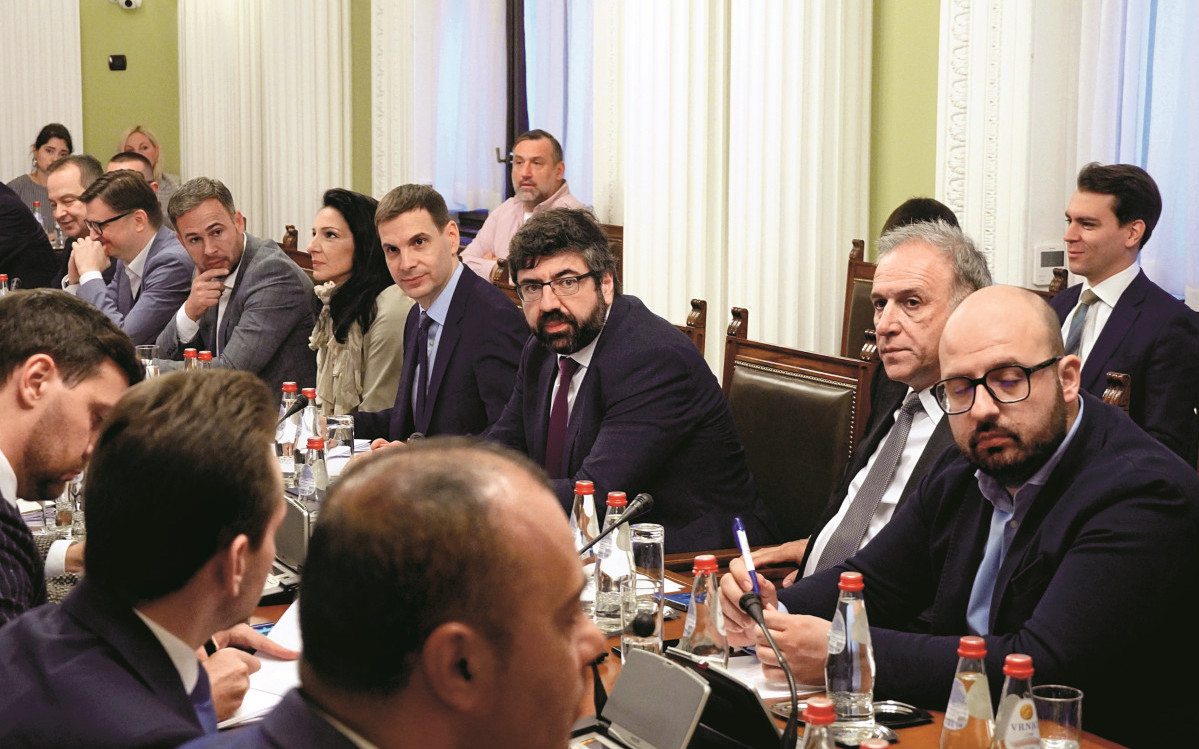
11.04.
2024.
Plan without a boycott or a boycott without a plan: What are the opposition's plans for the city elections
The ruling Serbian Progressive Party has dug in and declared - there’s no turning back.
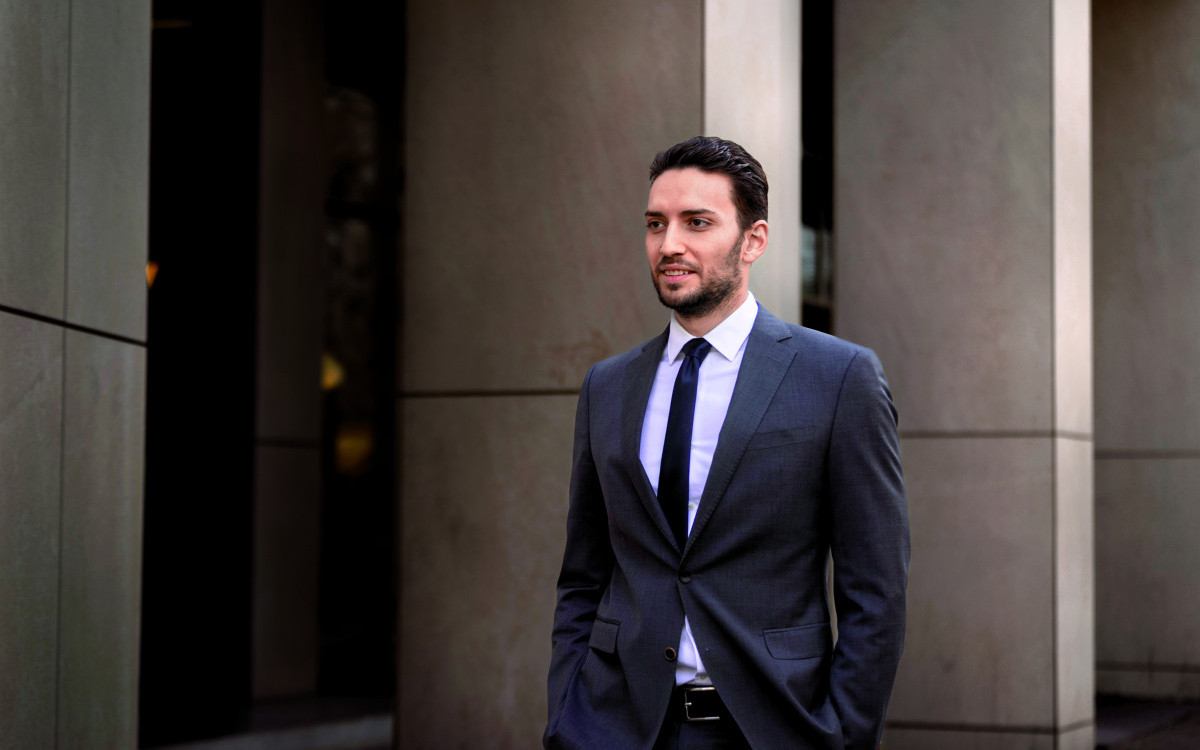
Being the opposition in Serbia is not easy, but it is easier when you free yourself from some misconceptions early enough. As long as the Serbian Progressive Party (SNS) holds all levers of power, we will not have free elections, Pavle Grbović, the president of the Movement of Free Citizens (Pokret slobodnih građana, PSG), said in his interview with NIN.

11.04.
2024.
The ruling Serbian Progressive Party has dug in and declared - there’s no turning back.
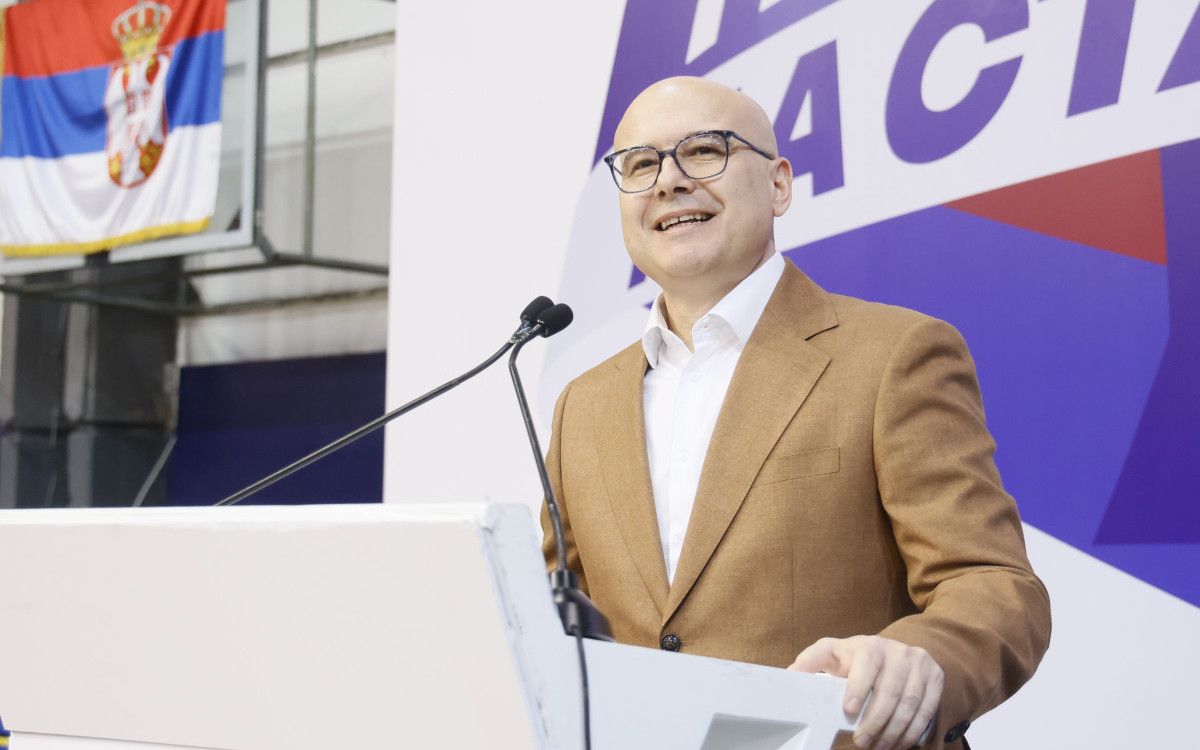
4.04.
2024.
Traces leading to Vučević to this position have been visible for years.
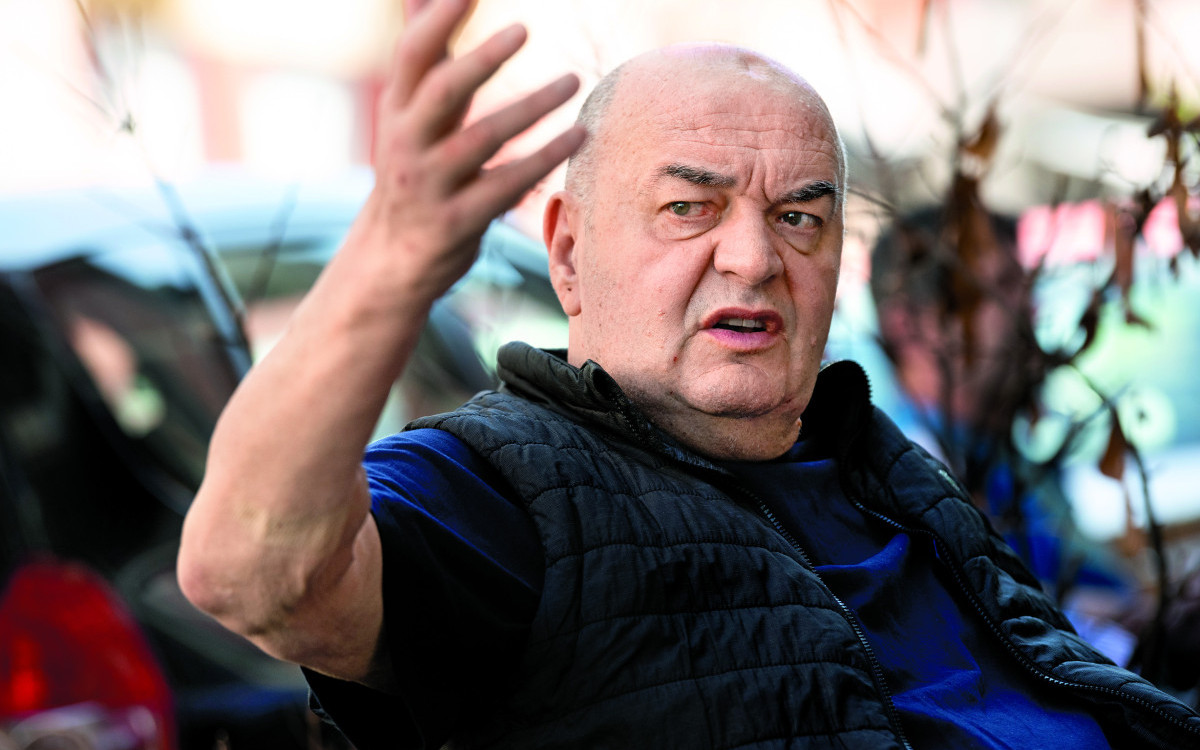
4.04.
2024.
"The opposition must lead the citizens, and the citizens must fight for their dignity and the dignity of the country they live in."
Do you believe that the government will implement all ODIHR’s recommendations?
We are fighting for fundamental conditions. When we are explaining to our international partners that only the people who actually live in the places where the local elections are held should be eligible to vote, I feel a little silly, to put it mildly. What we are asking for is at the same level as request to respect human dignity by providing enough food and drink. That is the level of our request in a political sense. The requests to provide equal access to the public media service, to stop the misuse of public funds and public enterprises, to stop pressuring voters, those are the recommendations made by ODIHR, and the boxes next to them are still unchecked. For the people in the government, free elections mean loss of authority, loss of power, loss of enormous illegally gained capital, and, for many of them, loss of freedom.
You have recently visited Germany; what was the reaction in the Bundestag when you presented the problems that the opposition is facing?
In Germany, we have encountered the highest level of understanding and support for our fight for the democratization of Serbia. Unfortunately, not all EU members share the same perspective. The situation is notably different when we go to Paris, or some other countries, but the important thing is that, on the basis of the excellent result we achieved, the proven election fraud, and the adoption of the resolution of the European Parliament, we have succeeded in pushing the opposition forward as an active participant in the relations between the European Union and Serbia. The talks are no longer limited to the Brussels bureaucracy on the one, and Vučić and Brnabić on the other side, but the opposition has become a factor in those relations. The SNS has been officially marked as a party in an EU candidate country that steals elections, and that undermines the fundamental values on which the EU is based. It is a category that is very difficult, and most often impossible, to exit.
And what is the problem with Paris?
Generally speaking, the fact that they don’t have that much interest in the Western Balkans and Serbia. From the economic to the political integrative processes. They are aware that there is a serious problem with democracy in Serbia, but they are still not ready to take any decisive steps with regard to it. In the background, until recently, was France’s opposition to EU enlargement. But, the fact that everybody knows is that Serbia will not become a member of the EU as long as the SNS is in power.
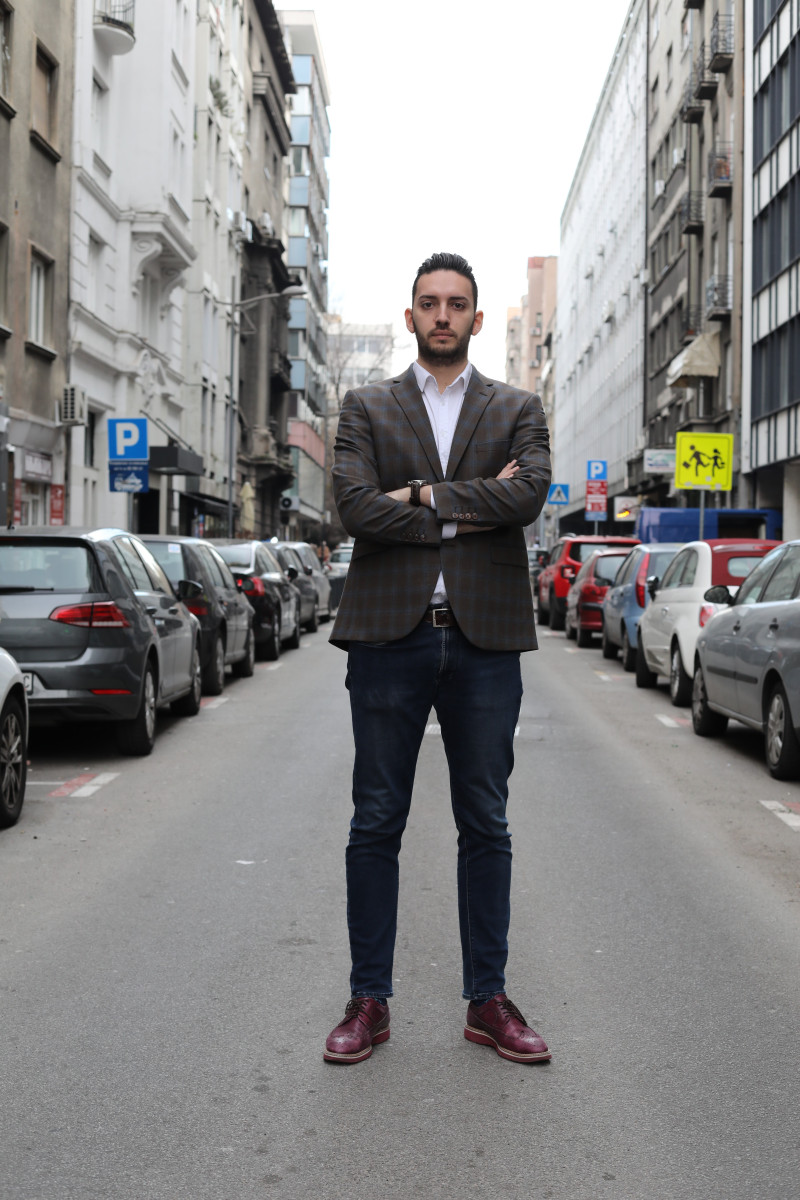
How do you understand Macron’s words that Serbia must make its decisions concrete?
It is a criticism of Serbia expressed in diplomatic terms. There are two key points here. The first is the alignment of the foreign security policy with the EU, or joining the sanctions against the Russian Federation. Probably the message that President Macron was trying to convey was that the arms trade with Ukraine is desirable, but insufficient when it comes to Serbia’s alignment. And the second is the Banjska case, which President Macron clearly pointed out. More than six months have passed and no legal action has been taken against Milan Radojčić. He celebrated his birthday very publicly on Mt. Kopaonik and it is a tragic fact that Radojčić, who led three young men and a Kosovo police officer to their death, has spent less time in jail than the students who threw two wooden boards at the Belgrade Assembly building. The position of Serbia, both in terms of the Belgrade-Priština negotiations, and in terms of the EU integration, deteriorated dramatically after Banjska. The position of Serbs in Kosovo has also deteriorated dramatically. The government is ready to sacrifice the future of all 6.5 million citizens of Serbia and several tens or hundreds of thousands of Serbs in Kosovo and Metohija to preserve the capital and freedom of a member of an organized criminal group.
To what extent do the international circumstances play into the hands of Serbia’s government, because, who would worry about local elections and democracy in Serbia now that there are two big wars and escalation in the Middle East?
The current international circumstances are unfavorable for anyone who wants a peaceful and normal life. The world is a crazy place and getting crazier by day. We rarely see positive trends anywhere. Under such circumstances, a responsible statesman would not allow his country to be worn out by internal divisions. And that is exactly what is happening in Serbia. When you have an irresponsible quasi-politician at the head of the country, then he will try to take advantage of the difficult circumstances in order to continue to damage his own country, to undermine democracy and prolong his authoritarian rule. Hoping, in fact, that those circumstances would prevent the international community from paying attention to the state of democracy, let alone staging an intervention. There is a war in Ukraine, horrific violence in Gaza, something that might herald World War III with Iran’s attack on Israel, and unfortunately, it doesn’t look like it is about to end soon.
What is happening with the boycott of the scheduled elections in Belgrade?
Boycott is a legitimate political tool that makes most sense in well-regulated democratic societies. When you are boycotting elections, you are counting on two potential elements. One is the conscience of the current government, and the other is strong international pressure. I think that relying on the conscience of the autocratic SNS regime is a lost battle and wasted effort.
Is the PSG against the boycott?
We believe that boycott is the last, the worst, and forced option, if nothing else could give any results. That is why we are not taking that option off the table, but we are doing everything in our power to prevent it from happening. We are participating in the negotiations, as constructively as possible, sometimes even putting our self-respect aside, not because we have lost it, but because we know that we have a great responsibility to bring about a situation in which the will of the citizens of Belgrade in June will be verified and lead to the change of government. And we will stay true to that. As long as there is even the slightest chance to change something and create conditions for our participation in the elections, we will continue to fight.
The government has accepted two out of three conditions of the opposition. The third one, for all local elections to be held on the same day, was not accepted? (by the time this issue of NIN was concluded).
After reading the statements by Brnabić and Vučić, it seems to me that they will opt for the solution where the rest of the local elections, except Belgrade, would be moved to September or later in the fall. When it comes to the first two conditions, relating to a fair media presence and the formation of a commission with executive authority that would consist of representatives of the government, the opposition and the civil sector, we have an agreement in principle but the realization is lagging behind. We don’t have much time for implementation. The voter register is to be closed two weeks before the elections, so on May 17th or 18th. That commission must be in a position to actually do something by then, to accomplish something. There is a great battle about what the executive authority actually means, if it derogates the powers of government bodies. No, nobody’s powers are being taken away, but a control mechanism is being put in place to guarantee a fair and free election process. The problem is that it wasn’t just the SNS that committed election fraud, but that the institutions also took part in it in the most direct manner. In order for several hundred voters to be registered at an address with the house number “zero”, the will of the SNS is not enough. Someone at the Interior Ministry needed to register those people at a non-existent address, and the Ministry of State Administration needed to enter them into the voter list. We are requesting a commission that will review all those cases.
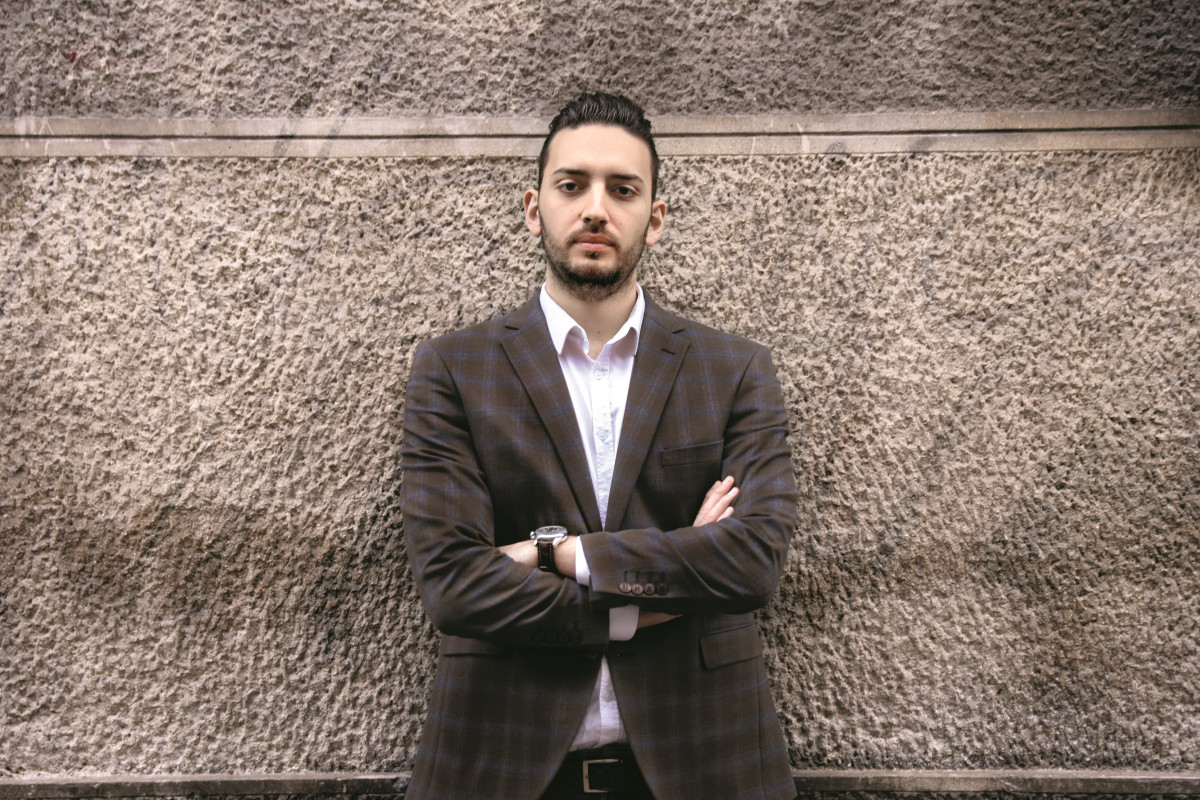
Is there also a problem with the formation of that commission, as the opposition has not appointed its representatives?
It is something that should come at the end of the process. First, I suppose, we need to know what the commission will look like. Second, what will be its authorities, its operation plan, and only then we will appoint people. If the commission will have executive authorities, it will also imply certain legal changes, in order to coordinate the competencies of other bodies.
One of the demands is equality in the media, in public broadcasting services...
We are demanding not only equal presence and representation of the political actors, but, above all, a fundamental change in the RTS’ and RTV’s news programs. The fact that the government and the opposition are not present in equal measure is not the only problem – it is that the truth is not present on the RTS in any measure. When you watch their news programs, you don’t get a complete picture of the overall circumstances, of the context, and the quality of life. You get a reflection of how the government would want Serbia to look like, or looking at Serbia through their eyes. And it is through their pink and happy glasses.
Brnabić said that holding all elections simultaneously is impossible under the Constitution?
If that demand is not met, the coalition “Serbia Against Violence” (“Srbija protiv nasilja”, SPN) must make a joint decision on participation in the elections, in an open debate and with respect for the values and principles that we have been following all along. So far, we have all acted as one and I believe that we will continue to do so. And when someone holds a minority opinion in the SPN, and the PSG has often been in that situation, the opinion of the majority is respected. The value which we must preserve is unity. The SPN is the most successful opposition project since 2012. And we have achieved an excellent result despite the election fraud, and one of the main reasons why we were not able to form the government was that a huge number of votes, mostly on the right spectrum, remained below the census.
So, the decision about boycott or participation in the elections will be made by majority vote in the SPN?
I believe so. We are not looking for an alibi for boycott. We want to participate in the elections, and win. We also have a responsibility to more than 400,000 people in Belgrade who voted for the opposition. I would like to add one more thing about the results of a boycott – the Belgrade City Assembly between 2018 and 2022. We respected the decision of our colleagues in the opposition and left the Assembly in 2019. After that, it continued to operate without the opposition for three years and nothing has changed, and I don’t believe anyone has shed a tear over it, so I’m not convinced that anything important would happen now. And the new government will be faced with the processes that will irreversibly change the appearance and the functioning of the city. From the EXPO, to the subway and investment projects worth billions. The present government is trying to make Belgrade fit their needs, in accordance with their esthetic and historical standards and values. Apparently, the Belgrade they have occupied is not good enough for them. Just as the Belgraders are not good enough, so they have to search for and import new ones.